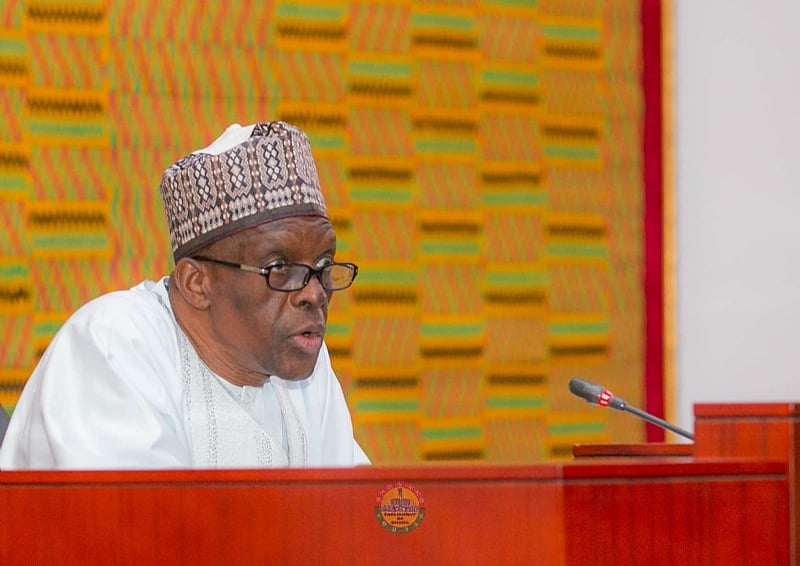In recent parliamentary proceedings, the Rt. Hon. Alban Bagbin, the Speaker of Parliament, announced the declaration of four Members of Parliament (MPs) as having vacated their seats. This action stems from the decision of these MPs to contest the upcoming December 7 elections as independent candidates, contrary to their initial party affiliations. The affected MPs include Mr. Peter Yaw Kwakye-Ackah, the National Democratic Congress (NDC) MP for Amenfi Central; Mr. Andrew Amoako Asiamah, an independent MP for Fomena who intends to run on the ticket of the ruling New Patriotic Party (NPP); Ms. Cynthia Mamle Morrison, the NPP MP for Agona West, and Mr. Kwadjo Asante, the NPP MP for Suhum. The Speaker emphasized that their decision to contest independently was a direct violation of Article 97(1)(g) of the 1992 Constitution, which stipulates that a member of Parliament must vacate their seat if they leave the party that elected them.
The impetus for the Speaker’s decision came from Dr. Cassiel Ato Forson, the Minority Leader, who specifically referenced the constitutional provisions in his appeal to the Speaker. He pointed out that the actions of the aforementioned MPs constituted a breach of the Constitution, which explicitly requires MPs to vacate their seats upon leaving their party for another or moving to contest as independents. By raising this point, Dr. Forson drew attention to a precedent set when the NPP previously sought the removal of Mr. Asiamah’s seat in 2020 under similar circumstances, which the then Speaker upheld. This historical context underscored the validity of enforcing Article 97(1)(g), according to Dr. Forson.
Dr. Forson reinforced his argument by recalling that the ruling regarding Mr. Asiamah’s seat was not contested and thus should remain a standard for parliamentary conduct. His statement aimed to compel Speaker Bagbin to act decisively according to the established rules of the House, thereby asserting that the parliamentary integrity relied on consistent enforcement of constitutional mandates. He urged the Speaker to recognize the importance of upholding these provisions to maintain public trust in the parliamentary system.
In contrast, Mr. Alexander Kwamina Afenyo-Markin, the Majority Leader, challenged the Minority Leader’s claims and rationale. He contended that while there was a prior petition for Mr. Asiamah’s seat to be declared vacant by the NPP in 2020, there had been no such petition or call to action from either the NDC or NPP in the current scenario. This absence of party petitions, Afenyo-Markin argued, invalidated Dr. Forson’s case, suggesting that the situation was not directly comparable and thereby undermined the basis upon which the Minority Leader sought the removal of the four MPs.
Furthermore, Afenyo-Markin emphasized that the lack of petitions from political parties made it challenging to uphold the proceedings that led to the declaration of vacancies. He regarded Dr. Forson’s assertion as an unsound attempt to manipulate parliamentary rules for political gain, positing that the matter warranted a more nuanced consideration than a simple application of past precedents. Such a discourse not only highlights the tensions within the Parliament but also reflects the broader political dynamics at play as different factions navigate the implications of independent candidacies ahead of the approaching elections.
Ultimately, this unfolding situation raises critical questions about party loyalty, electoral strategies, and constitutional adherence within the framework of Ghanaian politics. The Speaker’s decisions and the resulting exchanges between the Majority and Minority leaders reveal the intricate relationship between legislative processes and electoral politics. As Parliament prepares for the upcoming elections, the focus on these four MPs’ statuses could influence voter sentiments and the perceived legitimacy of candidates across party lines, thus shaping the political landscape in the lead-up to the December polls.














